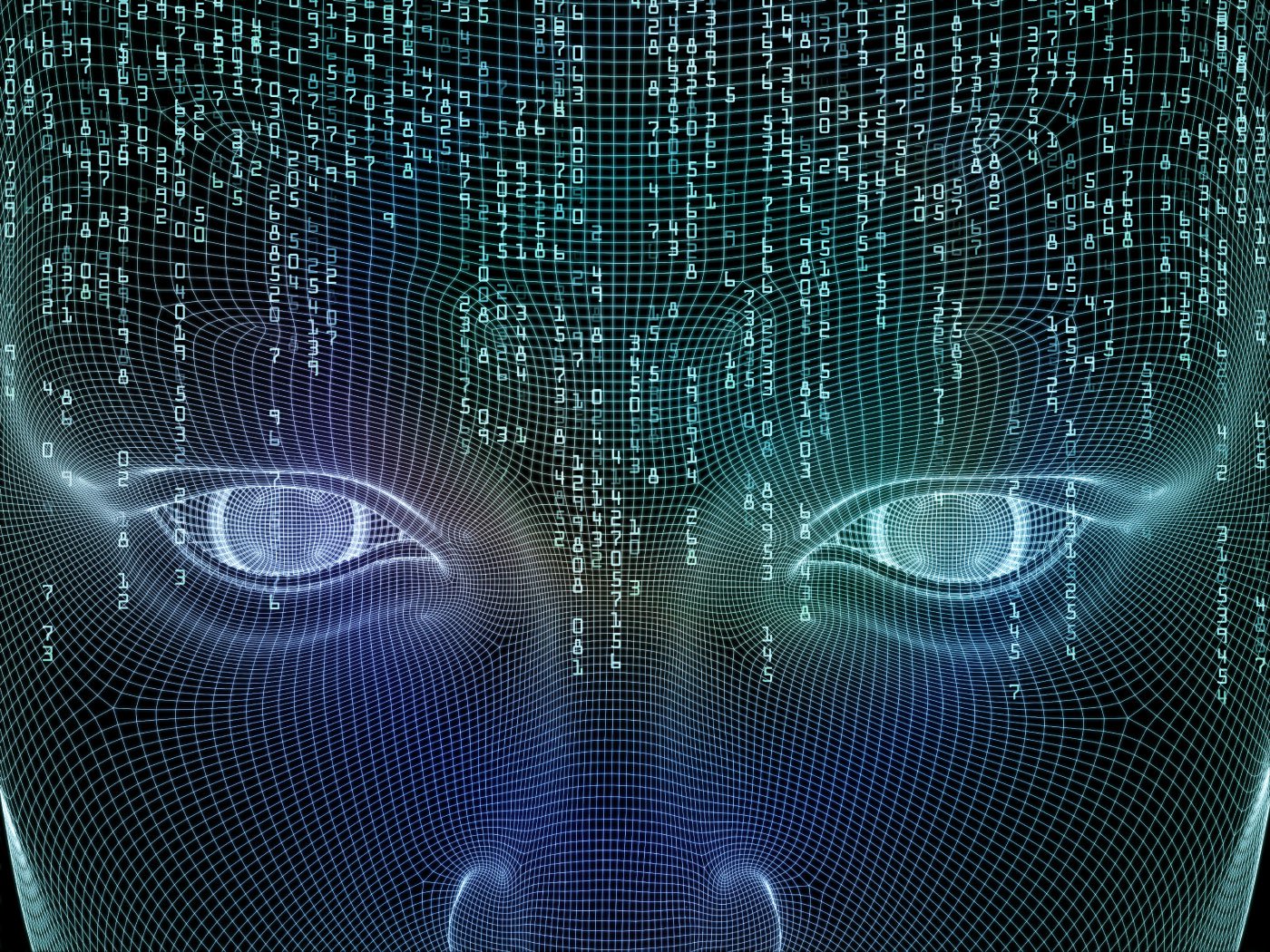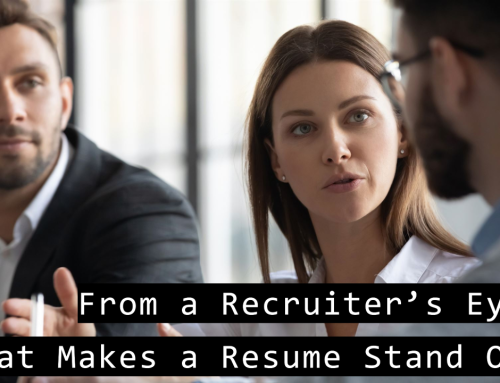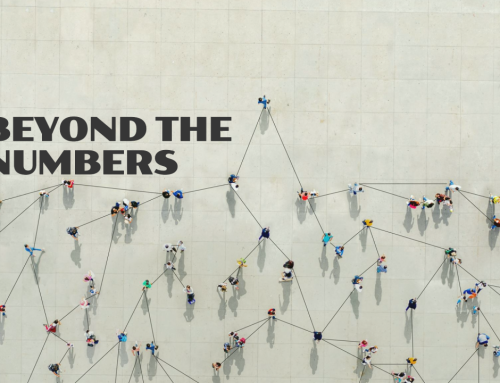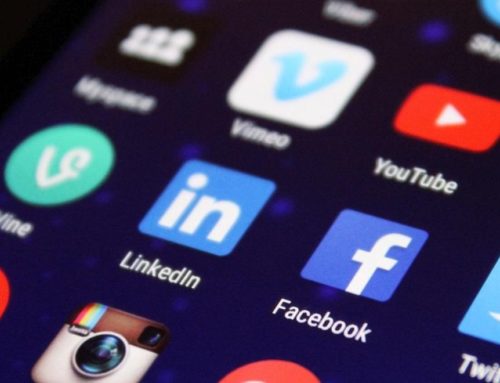POST WRITTEN BY
Forbes Coaches Council
Top business and career coaches from Forbes Coaches Council offer firsthand insights on leadership development & careers.
AI can make recruiting easier and quicker. It can improve the recruitment process and help with those mundane tasks that no one appreciates. Allowing AI to assist you in the recruiting process can give you the time to focus more on hiring the right person for the job versus the tasks necessary to make it happen.
Below, 10 members of Forbes Coaches Council share the ways they expect AI to revolutionize the job searching/recruiting process. Here’s what they had to say:

Members of Forbes Coaches Council share their insight.ALL IMAGES COURTESY OF FORBES COUNCILS MEMBERS.
1. Ensuring Best Fit
AI will be able to fill in the gaps for an employer by assessing not just the candidate’s resume, but the candidate’s online presence and overall fit more accurately. For example, a candidate might be very active in supporting social causes, and this would be picked up by an AI tool. Conversely, a candidate could use AI to find the best fit by creating a profile for their values, goals and career aspirations. –Cheryl Amyx, 4CEO, Inc.
2. Skills To Engage With Recruitment Platforms
One way that AI will revolutionize candidate search is in the context of the skills that job seekers will need to acquire on the front end just to apply and engage with intelligent recruitment platforms. AI recruiting video interview platforms, for example, use biometric and psychometric analysis to evaluate not only the quality of candidate answers but also voice quality, pace of speech, voice energy, use of fillers, facial micro-expressions and body language. – Dr. Terri Horton, TLT Consulting
YOU MAY ALSO LIKE
3. Improved Online Applications
Applicant tracking systems (recruiter databases) use keywords, word flows, and other data points to analyze and prioritize the thousands of resumes they receive online for each posted position. As employers use increasingly complex technology to this end, expect firms to monetize these same tools by repurposing them for job hunters, enabling more effective applications through predictive analytics. – Scott Singer, Insider Career Strategies
4. Faster Initial Selection Process
I’ve hired a lot in my time, and the most time-consuming task is getting the best candidates selected for a tier one interview by sifting through hundreds of possibles. To me, a revolution is getting the one resource that can’t be recovered, and that is time. AI can search to find matching candidates, make contact, conduct preliminary interviews, assess resumes, and present the best for an interview. –Tracy Repchuk, InnerSurf Online Brand & Web Services
5. More Highly Targeted Candidates
Artificial intelligence is already revolutionizing the hiring process because recruiters and hiring managers are able to target more qualified candidates than ever before. AI now lets them target searches by job title, industry, location, household income, salary, education, age, spending habits and more. The downside of this is that they can do this without ever talking to the candidate. – Tammy Homegardner, Linked Into Jobs
6. Vetting For Character
Some AI tools are already helping organizations assess potential threats as they hire remote workers. They can help determine whether an employee is going to be honest and ethical and represent the company well when hired. Being able to hire a distributed workforce will continue to expand the influence of service companies like Lyft, Uber, and Airbnb. – Billy Williams, Archegos
7. A Level Playing Field
AI will revolutionize how companies screen resumes and candidates in their databases. It will level the playing field, which will require candidates to network more than ever before. In order to stand out, candidates can no longer rely on a smartly worded resume and a strong pedigree. Building and maintaining authentic, professional relationships will help people stand out and land the interview. – Jill Hauwiller, Leadership Refinery
8. More Effective Sourcing And Outreach
AI will revolutionize recruiting through more effective sourcing and outreach. Referrals will remain the No. 1 source of hire till data proves otherwise, but AI will be capable of collecting sufficient data from hundreds of thousands of candidates to identify the ideal fit (including most likely to accept an offer) and reach out in a personalized way to start an interview process. – Scott Swedberg, The Job Sauce
9. AI-Led Interview Process
AI is already replacing portions of the interviewing process. I’ve had clients who were surprised to show up for a Skype interview and were asked questions via AI. This interview format results in a new set of challenges because applicants no longer benefit from social and visual cues. It becomes more critical to have a robust preparation to convey essential information and set themselves apart. – Jean Ali Muhlbauer, People at Work
10. Automation, Advanced Data Analytics
AI serves both candidates and employers as both struggle to access humans. One tosses an electronic application into the bottomless abyss. The other sorts through mountains of unmanageable data. Both are searching for the perfect fit. As automation advances, and highly relevant analytics are leveraged, employers and candidates will increasingly focus on what matters most, a mutually great fit. –Terry Hoffmann, Hoffmann Coaching
Original Article: https://www.forbes.com/sites/forbescoachescouncil/2018/08/10/10-ways-artificial-intelligence-will-change-recruitment-practices/#1ef5da7b3a2c







This hits home as my company is currently using and continuing to implement more AI into our recruiting process. From my experience, I initially see more value for recruiters than on the candidates side. I see time saving benefits that allows my team to focus on tasks requiring more skill, and personal touches for candidates, but I also see candidates that I consider to be qualified getting filtered out and hear frustration from candidates of dealing with technology instead of humans in many of the first stages. I think as the workforce becomes more used to automated intelligence that it will be more widely accepted including the benefits and drawbacks that it includes. Looking forward to seeing how this evolves.
Thank you for the comment, Ashley! We appreciate it!